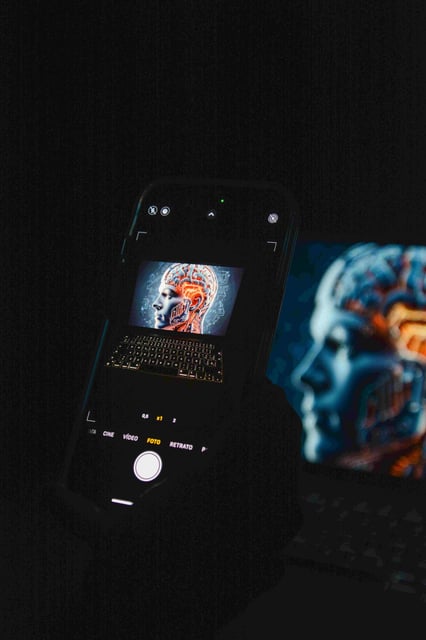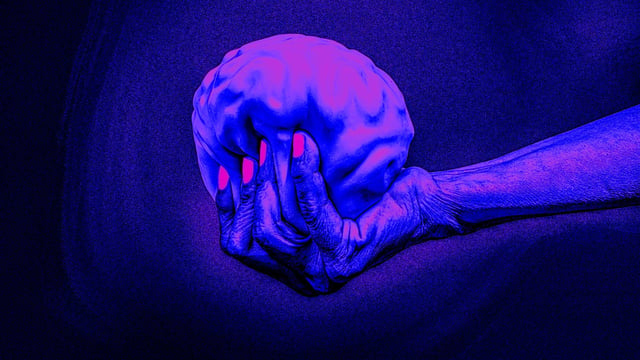Overview
- An MIT Media Lab preprint published June 10 reports that students using ChatGPT for essay writing exhibited the weakest EEG-measured brain connectivity compared to peers relying on Google Search or no tools.
- A University of Pennsylvania Wharton School study of over 4,500 participants found that ChatGPT users developed shallower knowledge and produced less original advice than those using standard web search.
- Critics have challenged the MIT findings over its small sample size and preprint status, arguing that reduced neural activity may indicate efficiency rather than diminished cognition.
- Preliminary data suggest that initial reliance on a chatbot could sustain lower levels of brain engagement even after users return to unaided writing tasks.
- Educational psychologists recommend pairing AI writing tools with device-free exercises and prompting reflective questioning to safeguard memory recall, creativity and critical thinking skills.



